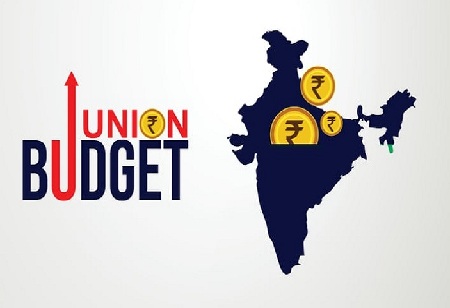A number of beneficial policy changes are anticipated in 2023 as a result of India's G-20 chairmanship. The presidential theme includes both the broad spirit of Vasudhaiva Kutumbakam and developmental measures centred on a cleaner, greener, and bluer future.
India has maintained a favourable stance on sustainable development and the country's capacity building for the renewable industry for the past several years, which has resulted in positive feelings in the sector. Although the green economy is still in its infancy, India has a lot to gain from it in terms of addressing the trilemma of energy affordability, security, and sustainability. Additionally, it is essential for modernising the economy, ensuring a Just Transition on climate change, and creating jobs. With approximately Rs. 20,000 crores set aside for the Green Hydrogen Mission, the year has already gotten off to a great start. More is probably going to flow in other areas, particularly clean transportation and electric automobiles (EV).
An effective domestic EV industry must be prioritised by policy, which calls for more concentration. India has been a significant global player in the Internal Combustion Engine (ICE) business during the past three decades. India must fast shift to electric vehicles (EVs) from internal combustion engines (ICE) in order to build a strong domestic and export market. Unfortunately, the EV ecosystem, comprising the components, the supply chain, and the operational infrastructure, differs greatly from the ICE ecosystem in many ways. Thus, for an effective transition where India carves out its own niche in the global EV ecosystem, active state backing becomes crucial.
With the Central Government and State Governments like Delhi, Maharashtra, Tamil Nadu, and Kerala offering tax benefits, waivers of road tax, and registration cost for electric car owners, the initial push for encouraging sales of electric vehicles has already been launched. The fact that sales of electric vehicles have risen year over year suggests that EV owners have appreciated these measures. It is anticipated that the Indian EV market will sell 6 lakh units in FY23 alone, which is a highly encouraging development.
With budgeted outlays of INR 10,000 crore and INR 25,938 crore, respectively, the government has already started programmes for electric vehicle producers, such as the Faster Adoption of Manufacturing of Electric Vehicles Scheme-II (FAME-II) and Production Linked Incentive Scheme (PLI). Automobile producers have also pledged to invest a total of INR 74,850 crore in these efforts,
